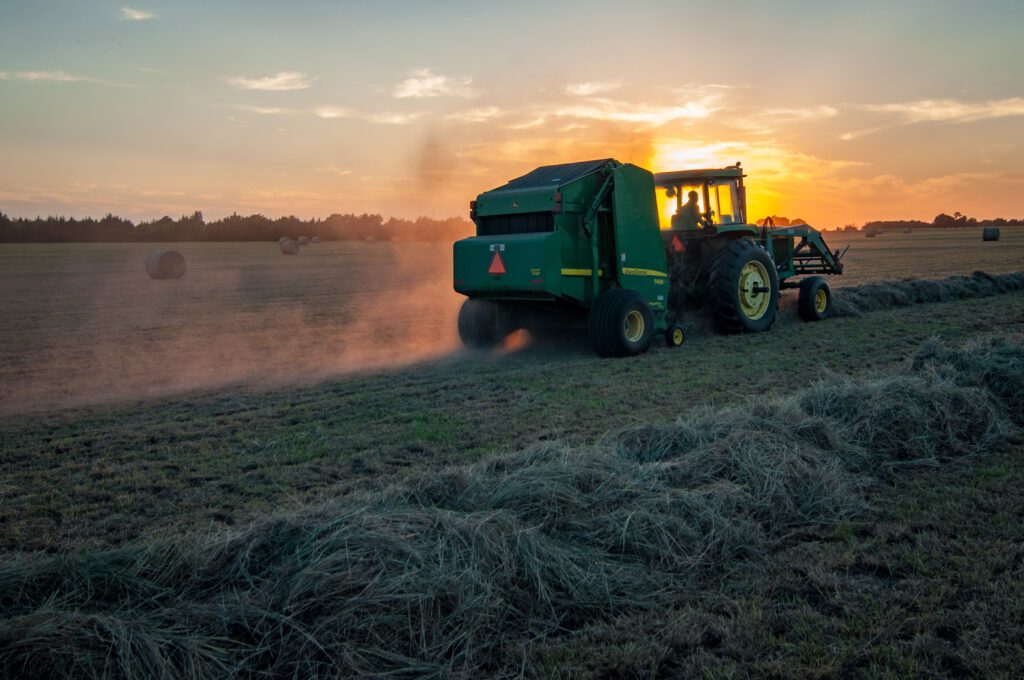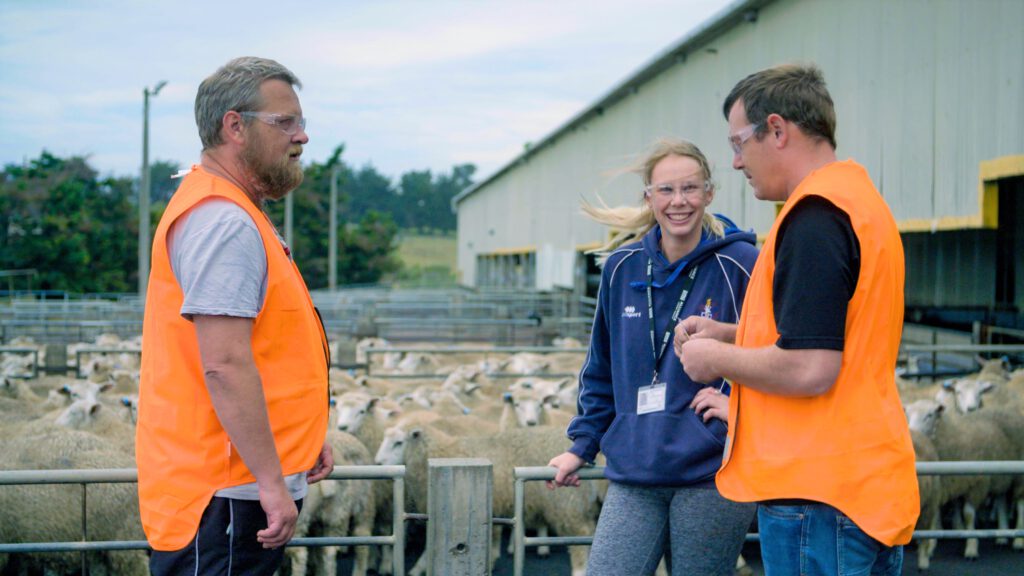Commitment to He Waka Eke Noa
New Zealand’s red meat processing and exporting industry continues to support the primary sector’s recommended agriculture emissions pricing option presented to the Government.
“We know there has been some debate about the He Waka Eke Noa Primary Sector Climate Action Partnership’s recommended farm-level split-gas option,” says Nathan Guy, chairman of the Meat Industry Association (MIA).
“Having been involved for two years, the red meat processing and exporting industry carefully considered all the options on the table. We believe the recommended emissions pricing framework is the fairest and most equitable option for all farmers and growers.
“This framework demonstrates to New Zealanders and to our global customers that we’re committed to producing environmentally-sustainable red meat and that our story is backed by science and modern farm management practices.
“Many of our customers are also looking for products that are delicious to eat and good for the planet.
“The recommended option that has been delivered to the Government helps provide farmers with control, rewards practical reduction actions, and unlike the Emissions Trading Scheme (ETS), recognises all on-farm sequestration.”



Sirma Karapeeva, chief executive of the MIA, says the Government has been explicit that it will price agricultural emissions and already has the legislation in place to bring the primary sector into the ETS if the sector can’t come up with a suitable alternative.
“We believe this is the best option to keep agriculture out of the ETS because that would be a far worse option for farmers and our sector. The ETS would mean farmers would lose the split gas outcome and be at the mercy of a rising carbon price. Farmers would also get less recognition of their sequestration.
“We know He Waka Eke Noa is not perfect, but by being outside of the ETS, we should have the ability to refine and improve it over time, in line with the latest science.”
MIA and Beef + Lamb New Zealand are also arguing for a cautious approach to be taken to pricing and pushed for the inclusion of a proposal for a maximum starting rate of 11c per kilo of methane for the first three years.
“In parallel with this process, the sector is working with other industry groups to press for the methane reduction targets in the Zero Carbon Bill to be reviewed in 2024 to ensure they are appropriate.”
